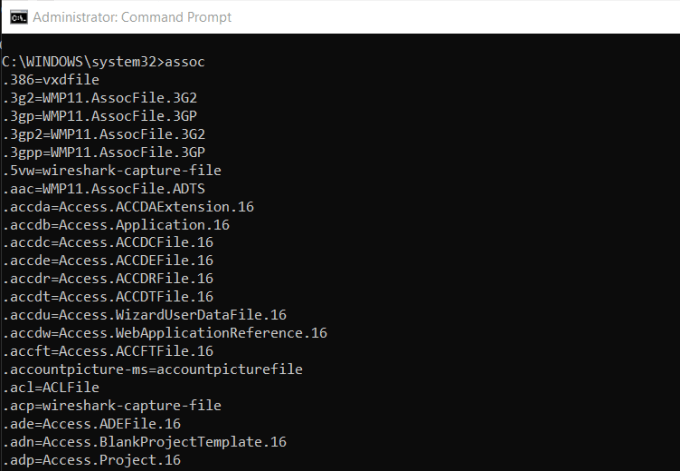

Without argument: When the above code is compiled and executed without passing any argument, it produces following output.Note : You pass all the command line arguments separated by a space, but if argument itself has a space then you can pass such arguments by putting them inside double quotes “” or single quotes ”. argv points to the first command line argument and argv points last argument.They are used to control program from outside instead of hard coding those values inside the code.They are parameters/arguments supplied to the program when it is invoked.Note : Other platform-dependent formats are also allowed by the C and C++ standards for example, Unix (though not POSIX.1) and Microsoft Visual C++ have a third argument giving the program’s environment, otherwise accessible through getenv in stdlib.h: Refer C program to print environment variables for details. Argv is the name of the program, After that till argv every element is command -line arguments.įor better understanding run this code on your linux machine.If argc is greater than zero,the array elements from argv to argv will contain pointers to strings.argv(ARGument Vector) is array of character pointers listing all the arguments.The value of argc should be non negative.So if we pass a value to a program, value of argc would be 2 (one for argument and one for program name) argc (ARGument Count) is int and stores number of command-line arguments passed by the user including the name of the program.To pass command line arguments, we typically define main() with two arguments : first argument is the number of command line arguments and second is list of command-line arguments. Command-line arguments are given after the name of the program in command-line shell of Operating Systems. We can also give command-line arguments in C and C++.

It is mostly defined with a return type of int and without parameters : The most important function of C/C++ is main() function.

C COMMAND PROMPT COMMANDS HOW TO


 0 kommentar(er)
0 kommentar(er)
